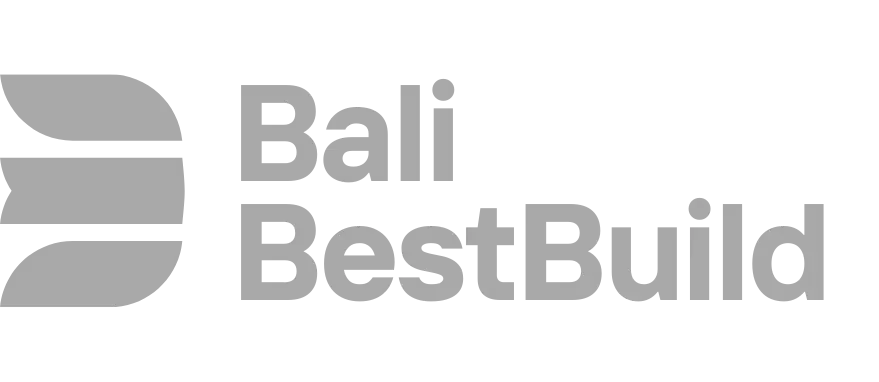Construction projects are inherently risky endeavors, with a wide range of potential hazards that can lead to financial loss and legal liability. From accidents on the job site to damage caused by natural disasters, there are numerous factors that can impact the success and safety of a construction project. Understanding these risks is crucial for contractors, developers, and other stakeholders in the construction industry.
One of the primary risks in construction is the potential for accidents and injuries on the job site. Construction sites are dynamic and often chaotic environments, with heavy machinery, power tools, and other hazards present at all times. This creates a high risk of accidents, which can result in serious injuries or even fatalities. In addition to the human cost, these accidents can also lead to significant financial losses for the parties involved, including medical expenses, legal fees, and potential fines or penalties.
Another major risk in construction is the potential for damage to property or materials. Whether it’s a fire, a flood, or a structural failure, there are numerous ways in which a construction project can suffer damage that can delay the project and lead to additional costs. In some cases, this damage may also result in legal disputes between the parties involved, further complicating the situation and potentially leading to significant financial losses.
Types of Construction Insurance
Given the numerous risks associated with construction projects, it’s essential for contractors and developers to have the right insurance coverage in place to protect themselves and their investments. There are several types of construction insurance that can provide coverage for different aspects of a construction project.
One of the most common types of construction insurance is general liability insurance. This type of insurance provides coverage for bodily injury, property damage, and personal injury claims that may arise from the construction project. General liability insurance can help protect contractors and developers from the financial impact of lawsuits and legal claims, providing coverage for legal fees, settlements, and judgments.
Another important type of construction insurance is builder’s risk insurance. This type of insurance provides coverage for damage to the structure or materials of a construction project during the course of construction. Builder’s risk insurance can help protect against losses caused by fire, theft, vandalism, and other perils, providing coverage for the cost of repairing or replacing damaged property.
Choosing the Right Coverage
When it comes to choosing the right insurance coverage for a construction project, it’s essential for contractors and developers to carefully consider their specific needs and risks. There are numerous factors that can impact the type and amount of insurance coverage that is necessary for a construction project, including the size and scope of the project, the location of the project, and the parties involved.
In addition to general liability insurance and builder’s risk insurance, contractors and developers may also need additional types of coverage to fully protect themselves and their investments. For example, professional liability insurance can provide coverage for claims related to errors or omissions in design or engineering work, while pollution liability insurance can provide coverage for claims related to environmental damage caused by the construction project.
It’s also important for contractors and developers to work with an experienced insurance broker or agent who understands the unique risks and challenges associated with construction projects. A knowledgeable insurance professional can help assess the specific needs of a construction project and recommend the right types and amounts of coverage to provide comprehensive protection.
The Importance of Liability Insurance
Liability insurance is one of the most important types of coverage for contractors and developers involved in construction projects. This type of insurance provides protection against claims and lawsuits related to bodily injury, property damage, and personal injury that may arise from the construction project. Without liability insurance, contractors and developers could be exposed to significant financial losses and legal liabilities that could jeopardize their business and personal assets.
In addition to providing coverage for legal fees, settlements, and judgments, liability insurance also provides peace of mind for contractors and developers. By having this type of coverage in place, they can focus on completing the construction project without having to worry about potential legal disputes or financial losses that could arise from accidents or other incidents on the job site.
Protecting Against Natural Disasters
Natural disasters such as hurricanes, earthquakes, floods, and wildfires can pose significant risks to construction projects. These events can cause extensive damage to structures and materials, leading to delays and additional costs for contractors and developers. In some cases, natural disasters can also result in legal disputes between the parties involved in the construction project.
To protect against these risks, contractors and developers should consider obtaining additional insurance coverage specifically designed to provide protection against natural disasters. For example, earthquake insurance can provide coverage for damage caused by seismic events, while flood insurance can provide coverage for damage caused by flooding. By having this type of coverage in place, contractors and developers can mitigate the financial impact of natural disasters on their construction projects.
Ensuring Contractor Compliance
In addition to obtaining the right insurance coverage, contractors and developers must also ensure that all parties involved in the construction project comply with relevant laws and regulations. This includes ensuring that subcontractors and other third parties have their own insurance coverage in place to protect against potential liabilities.
Contractors should require subcontractors to provide proof of insurance before allowing them to work on the job site. This can help ensure that subcontractors have the necessary coverage to protect themselves and their employees from potential risks and liabilities. In addition, contractors should also verify that subcontractors have appropriate licenses and permits to perform their work on the job site.
Navigating the Claims Process
In the event that a claim arises from a construction project, contractors and developers must be prepared to navigate the claims process effectively. This includes promptly reporting any incidents or accidents on the job site to their insurance carrier and cooperating fully with any investigations or inquiries related to the claim.
It’s also important for contractors and developers to work closely with their insurance broker or agent throughout the claims process. An experienced insurance professional can help guide them through the process of filing a claim, providing documentation and evidence to support their claim, and negotiating with the insurance carrier to reach a fair settlement.
By understanding the risks associated with construction projects, obtaining the right insurance coverage, ensuring contractor compliance, and navigating the claims process effectively, contractors and developers can protect themselves and their investments from potential financial losses and legal liabilities. With comprehensive insurance coverage in place, they can focus on completing their construction projects successfully while minimizing their exposure to risk.












